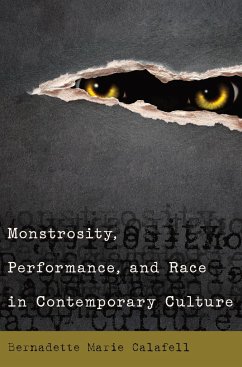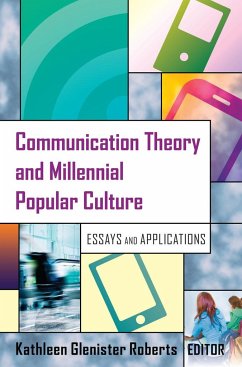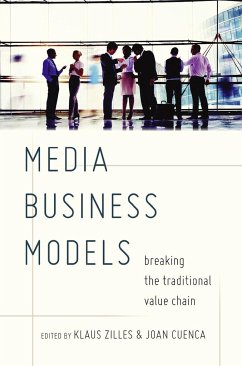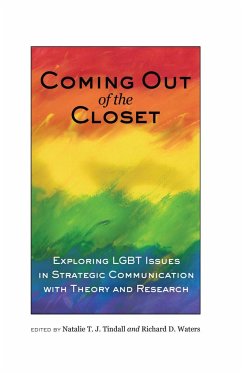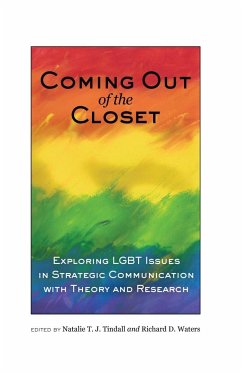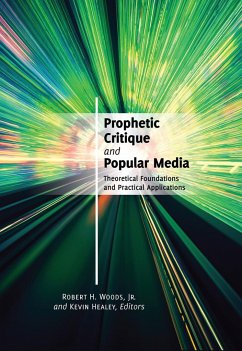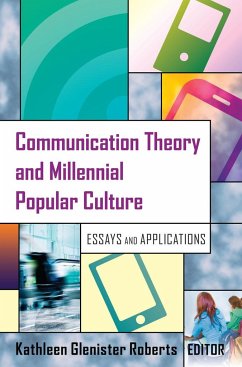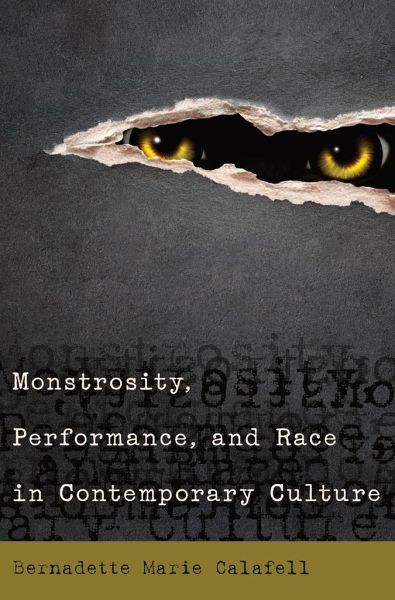
Monstrosity, Performance, and Race in Contemporary Culture
Versandkostenfrei!
Versandfertig in 6-10 Tagen
41,85 €
inkl. MwSt.
Weitere Ausgaben:

PAYBACK Punkte
0 °P sammeln!
In a society that increasingly touts post-racial and post-feminist discourses, the trope of monstrosity becomes a way to critically examine contemporary meanings around race, class, gender, sexuality, and ability. Focusing on ways in which historically marginalized groups appropriate monstrosity as a means of resistance, as well as on how we can understand oppression and privilege through monstrosity, this book offers another way to conceptualize the politics of representation. Through critical analyses of experiences of women of color in the academy, the media framing of alleged Aurora shoote...
In a society that increasingly touts post-racial and post-feminist discourses, the trope of monstrosity becomes a way to critically examine contemporary meanings around race, class, gender, sexuality, and ability. Focusing on ways in which historically marginalized groups appropriate monstrosity as a means of resistance, as well as on how we can understand oppression and privilege through monstrosity, this book offers another way to conceptualize the politics of representation. Through critical analyses of experiences of women of color in the academy, the media framing of alleged Aurora shooter James Holmes, the use of monstrosity in unpublished work from the Gloria Anzaldúa archives, post-feminist discourses in American Mary and The Lords of Salem, and Kanye West's strategic employment of ideologies of monstrosity, this book offers new ways to think about Otherness in this contemporary moment.





